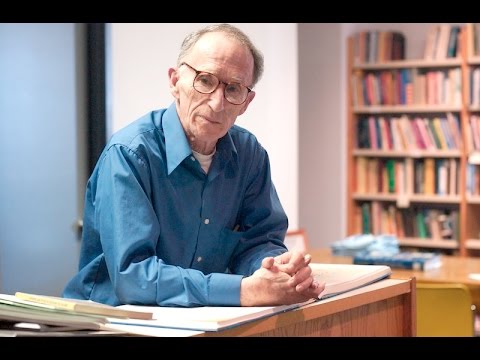Date of Birth: December 4, 1927
Zodiac Sign: Sagittarius
Biography
William Labov is a prominent American linguist whose pioneering work in sociolinguistics has greatly influenced the field. Born on December 4, 1927, in Rutherford, New Jersey, Labov initially pursued a career in the industrial sector. However, his interest in language and its social aspects led him to academia. He is widely known for his studies on the social stratification of English in New York City and for developing the concept of “Labovian sociolinguistics,” which emphasizes the importance of studying language in its social context. Labov’s academic journey began at Harvard University, where he earned his bachelor’s degree in English and philosophy. He later completed his Ph.D. in linguistics at Columbia University under the mentorship of Uriel Weinreich. Labov’s dissertation, “The Social Stratification of English in New York City,” became a seminal work in the field. Throughout his career, Labov has held various academic positions, including a long-standing tenure at the University of Pennsylvania. His research has covered a wide range of topics, from phonological variation and change to narrative analysis. He is also the author of several influential books, including “Sociolinguistic Patterns” and “Principles of Linguistic Change.”
5 Interesting Facts about William Labov
1. William Labov is often credited with founding the field of sociolinguistics.
2. His groundbreaking study on the dialects of Martha’s Vineyard revealed how social factors influence language change.
3. Labov’s work has had a significant impact on education, particularly in understanding the linguistic challenges faced by African American English speakers.
4. He received the prestigious Benjamin Franklin Medal in Computer and Cognitive Science in 2013.
5. Labov has worked extensively on the Atlas of North American English, mapping out regional dialects across the United States and Canada.
5 Most Interesting Quotes from William Labov
1. “Language is a social phenomenon. It can’t be understood without taking into account the social context in which it is used.”
2. “Variation in language is not just a matter of chance or accident; it is a reflection of social structures and relationships.”
3. “The study of language change is the study of social change.”
4. “Every speaker of a language is a member of a speech community, and every speech community has its own norms and values.”
5. “Understanding linguistic diversity is crucial for fostering effective communication and mutual respect in our increasingly globalized world.”
Highest Net Worth Achieved
While specific financial details regarding William Labov’s net worth are not publicly available, his contributions to linguistics and his academic positions suggest a successful and impactful career.
Children
William Labov has two children, Jesse Labov and Sarah Labov.
Relevant Links
1. [William Labov – University of Pennsylvania Profile](https://www.ling.upenn.edu/~wlabov/
2. [Wikipedia: William Labov](https://en.wikipedia.org/wiki/William_Labov
3. [Labov’s Sociolinguistic Research](http://www.ling.upenn.edu/~wlabov/


